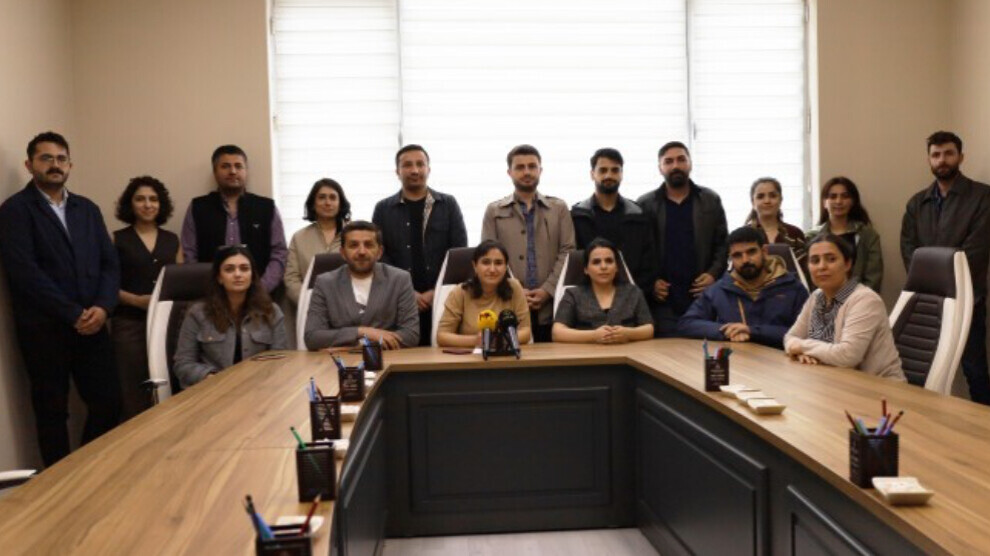Report on 9 prisons: Isolation, arbitrary decisions and rights violations deepen
Legal and civil society organizations in Van published a report revealing worsening isolation, arbitrary practices, and systemic rights violations in nine prisons.
Legal and civil society organizations in Van published a report revealing worsening isolation, arbitrary practices, and systemic rights violations in nine prisons.

The report on prisons in the Serhat region and the Black Sea region was prepared by the Van Bar Association, the Association of Lawyers for Freedom (ÖHD), the Association for Solidarity and Assistance with Families of Detainees and Convicts (TUHAY-DER), the Union of Health and Social Service Workers (SES), and the Van-Hakkari (Wan-Colemêrg) Chamber of Medicine.
The report, announced at the Van Bar Association Tahir Elçi Conference Hall, covers Van Type F, Van High Security, Van Type T, Ahlat (Bitlis) Type T, Patnos (Ağrı) Type L, Iğdır Type S, Kalkandere (Rize) Type L, Giresun Espiye Type L, and Beşikdüzü (Trabzon) Type T Closed Prisons.
The report, which draws attention to the systematic violations of rights taking place in the prisons, emphasizes that prisoners are subjected to severe conditions of isolation and that their releases are obstructed through arbitrary administrative practices.
Violations of the right to health
The report states that prisoners' requests for transfer to hospitals are either rejected or delayed, and in some cases, they are subjected to degrading treatment through the imposition of handcuffed examinations and forced mouth searches. It is reported that prisoners who refuse to accept these practices are sent back to prison without receiving any treatment.
Censorship of Kurdish language and publications
The report notes that Kurdish books and letters have not been delivered to prisoners in many prisons for the past six years, under the pretext that they could not be translated. It also states that opposition newspapers such as Yeni Yaşam, Evrensel and Cumhuriyet, as well as several television channels, are being withheld from prisoners.
Ongoing pandemic restrictions
The report emphasizes that social activities, courses, and sports programs, which were suspended during the pandemic, remain banned, leaving prisoners under conditions of complete isolation. It also highlights that prisoners' rights to visitation and communication have been restricted, with requests for video calls being rejected on the grounds of "lack of infrastructure," even though this right has been granted to judicial detainees.
Arbitrary searches and pressure
The report states that routine cell searches are being used beyond their intended purpose, with prisoners' belongings being scattered under the imposition of military-style discipline, turning the searches into a form of psychological pressure.
Releases obstructed on arbitrary grounds
One of the most striking findings of the report is that the Prison Administration and Observation Boards systematically prevent prisoners’ conditional releases without providing any concrete justification. It is noted that releases are routinely delayed based on vague statements such as "no determination of separation from the organization" or "inclined to commit crimes."
Main demand: Abolish observation boards
Lawyer Mehtap Işık, who presented the report, drew attention to the abuse of powers granted through new regulations and stated, “For this reason, we reiterate our call for the cancellation of the relevant regulation and for either the restriction of the powers of prison observation boards or the complete abolition of this practice.”